Insights + Tips
Sit back and relax.
WHILST YOU HAVE A READ OF MY LATEST MUSINGS

The Shared Journey of Overcoming Setbacks
Recently I’ve faced a few setbacks. I came back from holiday’s in March only to be hit with a really nasty flu (possibly covid, again - didn’t test) but whatever it was it knocked me on my back for 3 weeks. No energy, not able to breathe and certainly no motivation. Then during that period of time I was coughing so much that I aggravated a disc in my lower back so badly that I couldn’t move, or sit without pain. It’s been a major setback for me in my training and I’m still navigating it to this day.
On top of that I’ve been experiencing some setbacks on various professional fronts as well, during the same period of time. Some of my own doing and some that are totally out of my control. Despite the different arenas, both areas are bound by a common theme: overcoming setbacks.
The Inevitability of Setbacks
Setbacks, whether in the corporate world or in physical training, are unavoidable. A LinkedIn survey shows that 90% of professionals have faced at least one major career setback. And to my surprise I found out that more than 80% of bodybuilders experience at least one injury during their training, as noted by the National Strength and Conditioning Association. Very pertinent to my training for my first amateur body sculpting competition coming up… (more on that later).
One thing I’ve been learning is that these interruptions (setbacks) test resilience and demand a robust response.
Mindset Shifts for Resilience
I’ve found that adopting the right mindset is crucial. Viewing setbacks as opportunities for growth has changed my approach to recovery and improvement. Resilience, cultivated through facing difficulties, is pivotal in both professional and athletic contexts. I’ve been trying my hardest to embrace this forced recovery period as a chance to improve my mental toughness, nutrition, and wellbeing so that I can find greater success when I return to my best.
There’s always something we can do to improve when we face setbacks. It’s the little things the 1% stuff that may not seems like you’re making progress but they amount o massive changes over time. Here’s a few:
Practical Tips for Overcoming Setbacks
Objective Reflection and Education: Whether it's analysing a failed project or understanding an injury, knowledge is power. Learning from setbacks provides a foundation for future success. One that I know all too well. I regularly take stock of myself, my body, my mind and my emotions/soul. Knowing is the key to understanding and understanding is the key to making changes.
Adapt and Modify: In professional settings, this might mean adjusting project parameters or strategies, while in training, it could involve modifying exercise routines to accommodate physical recovery. The past few months I’ve had to focus more on mobility and movement than ever before. It’s hard to adapt when you’re used to forging ahead and kicking goals but I’ve found there’s a quiet strength that comes from being adaptable.
Seek Professional Guidance and Feedback: Constructive criticism in the workplace and advice from healthcare professionals in athletics are invaluable. This feedback is essential for growth and recovery. My competition coach has been essential to my physical recovery and my professional coach and other key people at work have helped me navigate the negativity that swirls around in my head when I’m faced with challenges.
Expand Skills and Utilise Recovery Tools: Continuous learning and employing recovery tools, such as workshops for professional skills helps me to refocus on what’s important in the midst of a setback in a professional setting. Having people you can confide in and trust at work has been a God send. As for my physical recovery, my foam roller, acupuncture mat, infrared sauna and my cupping machine when used on a regular basis has helped me to navigate the pain and discomfort my bulging disc has brought.
Prioritise Holistic Health and Maintain Connections: Ensuring mental, emotional, and physical well-being while staying engaged with supportive communities aids in resilience. This one is such an important aspect when overcoming setbacks. The people around you make such a difference to your ability to endure and overcome.
Both professional and athletic journeys involve navigating obstacles. The resilience built through overcoming these setbacks is invaluable. As I’ve been navigating this journey both professionally and in the gym, I’ve added some more self-care routines into my life to enable me to keep going when I feel like the challenge is too much for me.
I’d love to hear about your journey in overcoming setbacks and how can you apply these strategies to emerge not just recovered, but renewed and stronger than before?
How Certified Flourishing Coaching Can Assist
Certified Flourishing Coaching understands the unique challenges faced by professional women and athletes. We provide tailored strategies that emphasise holistic recovery and growth, ensuring our clients not only overcome their setbacks but also thrive beyond them in both their careers and personal pursuits.


